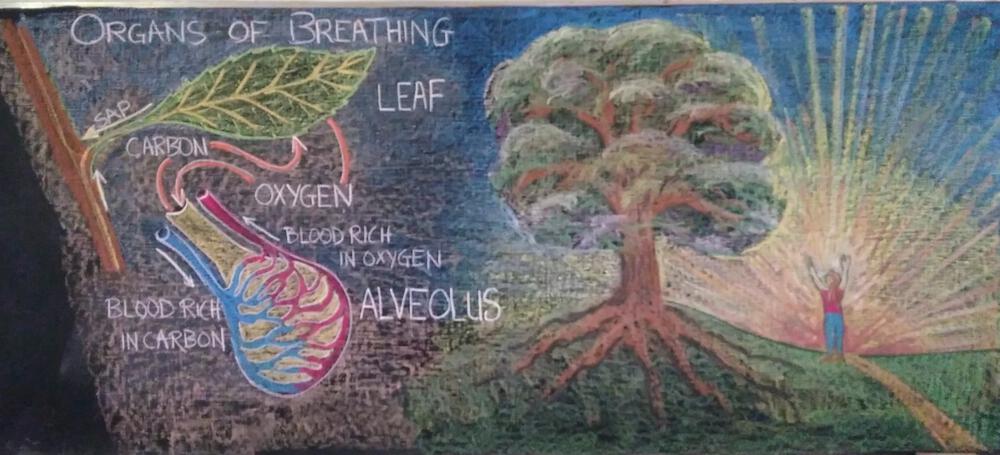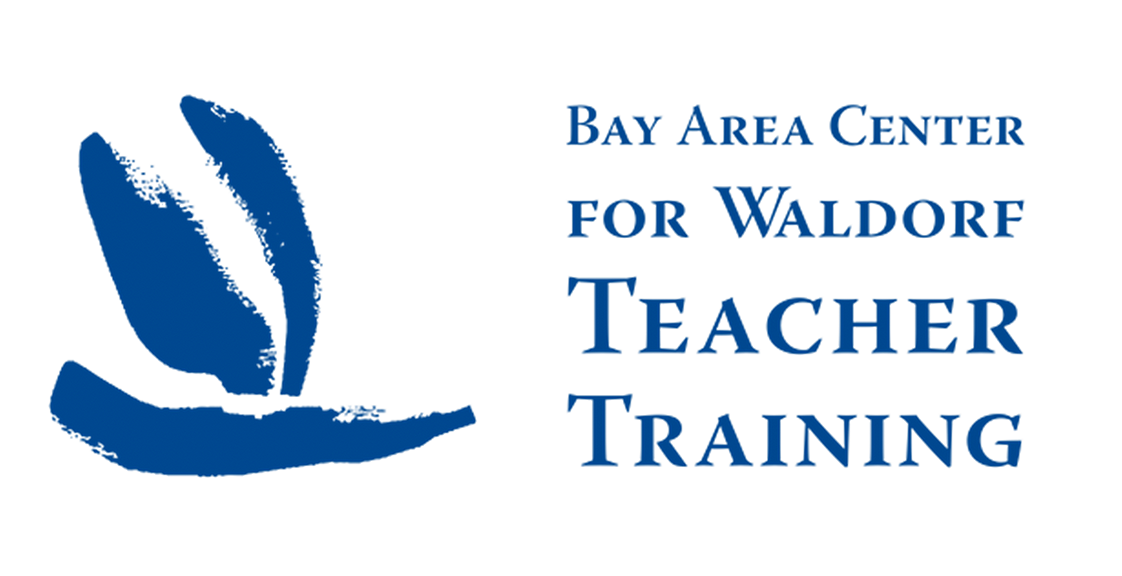
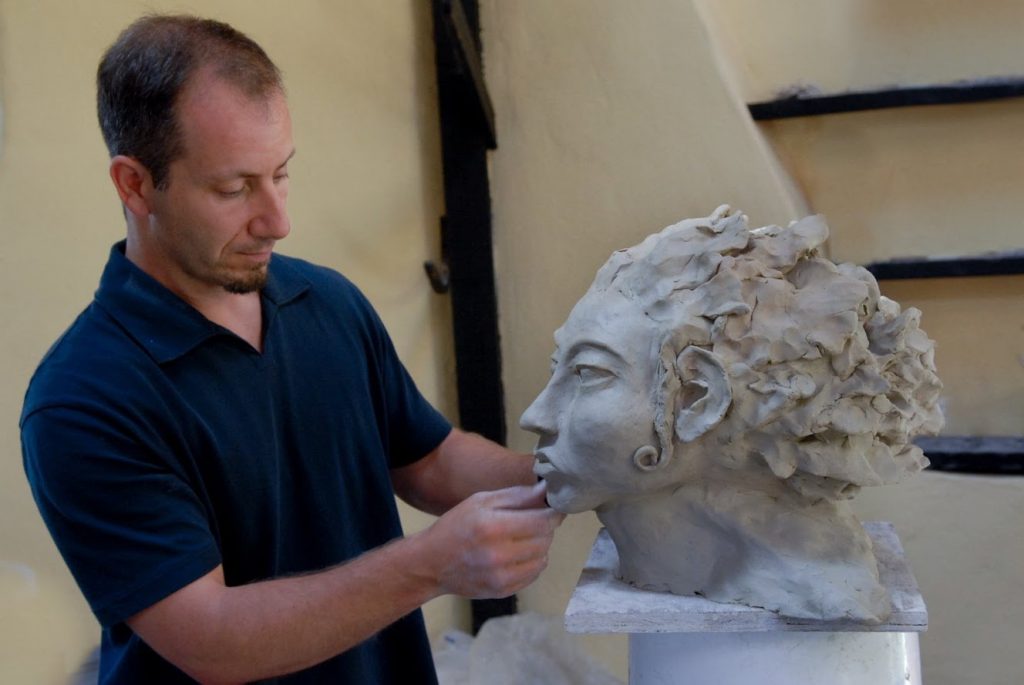
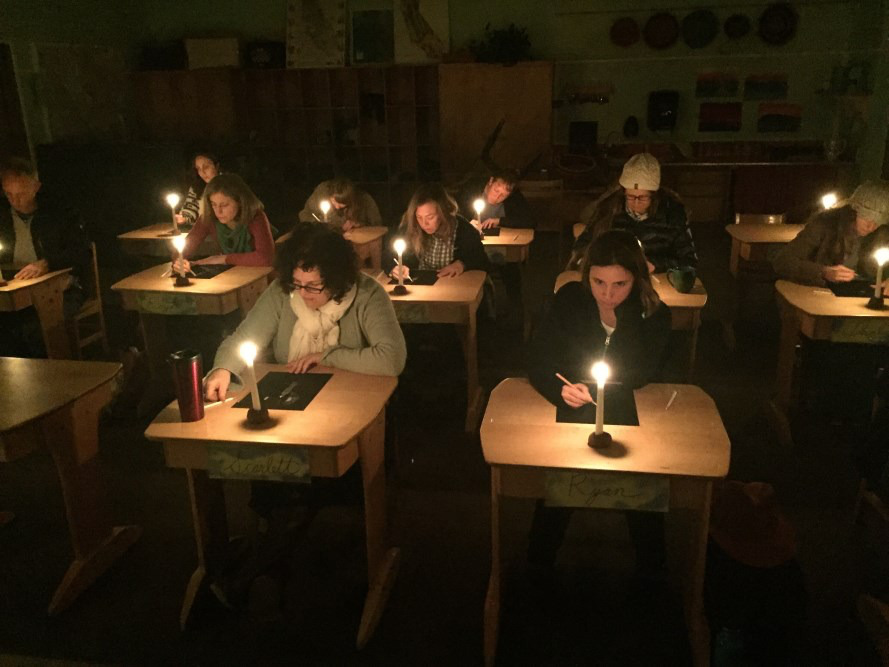
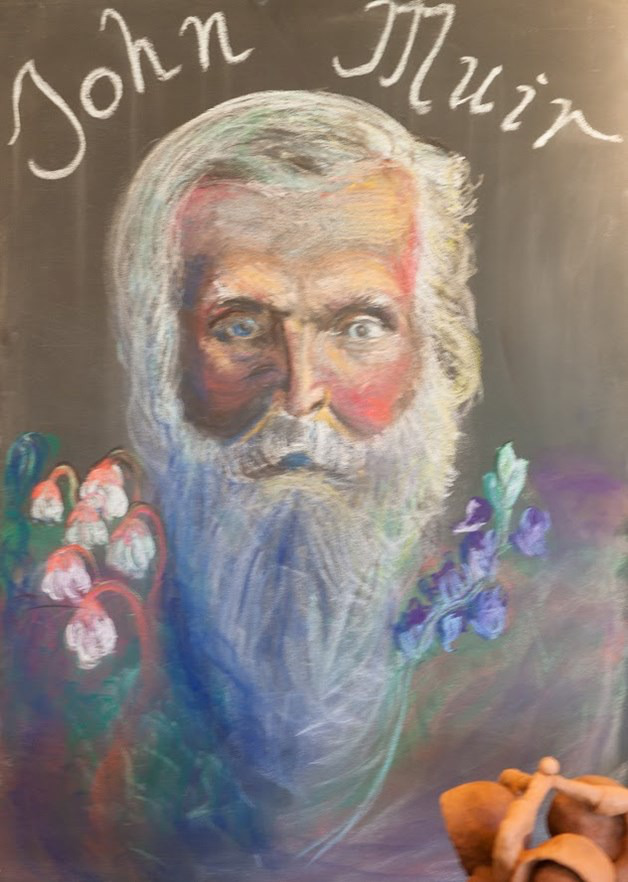
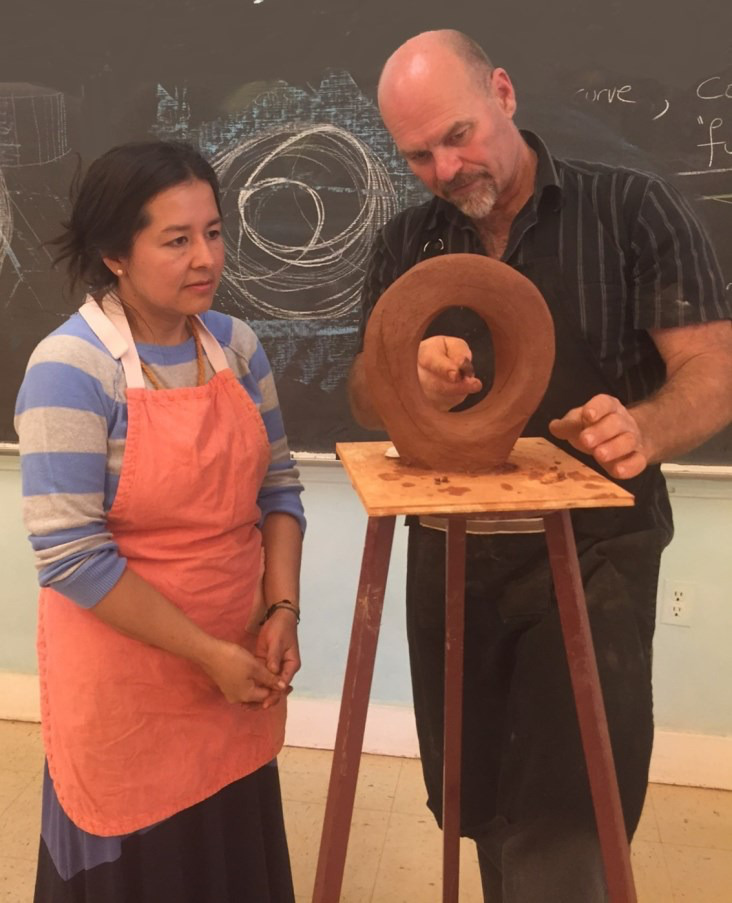
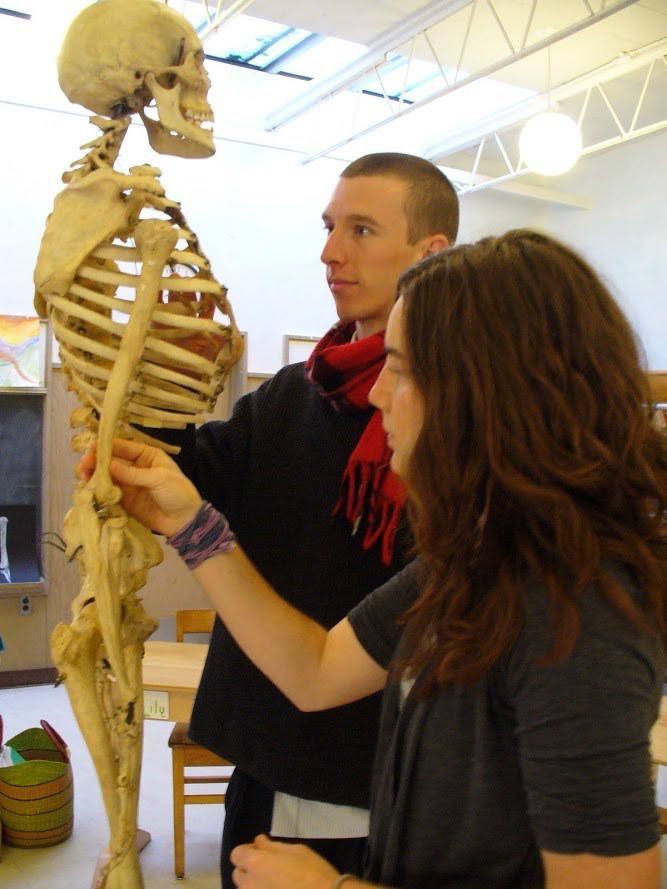
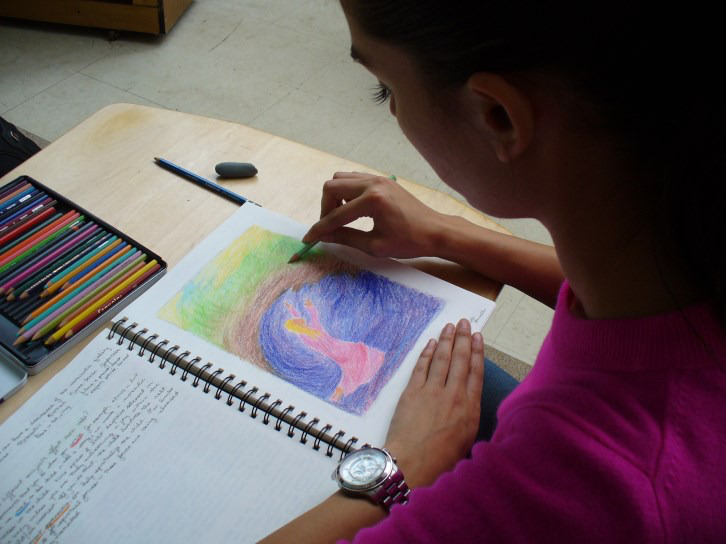
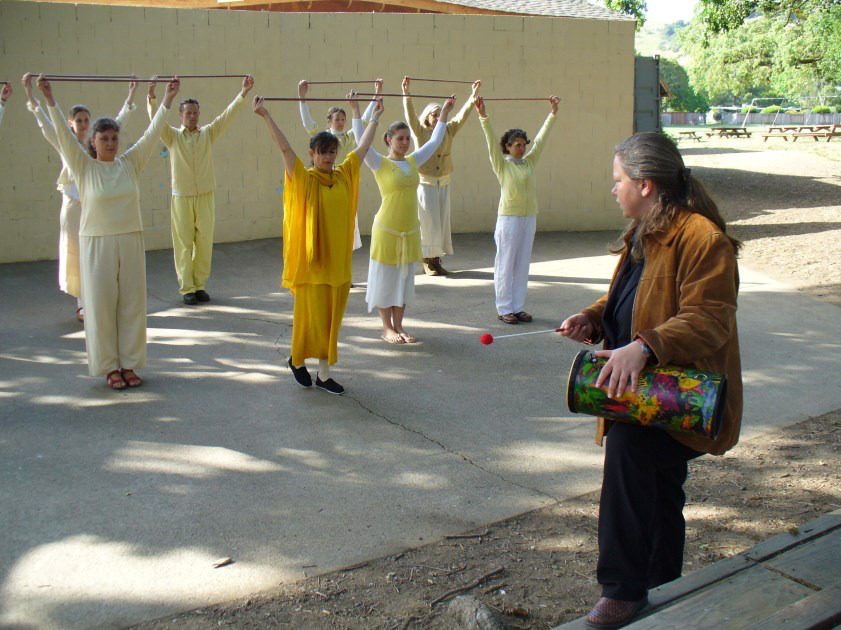
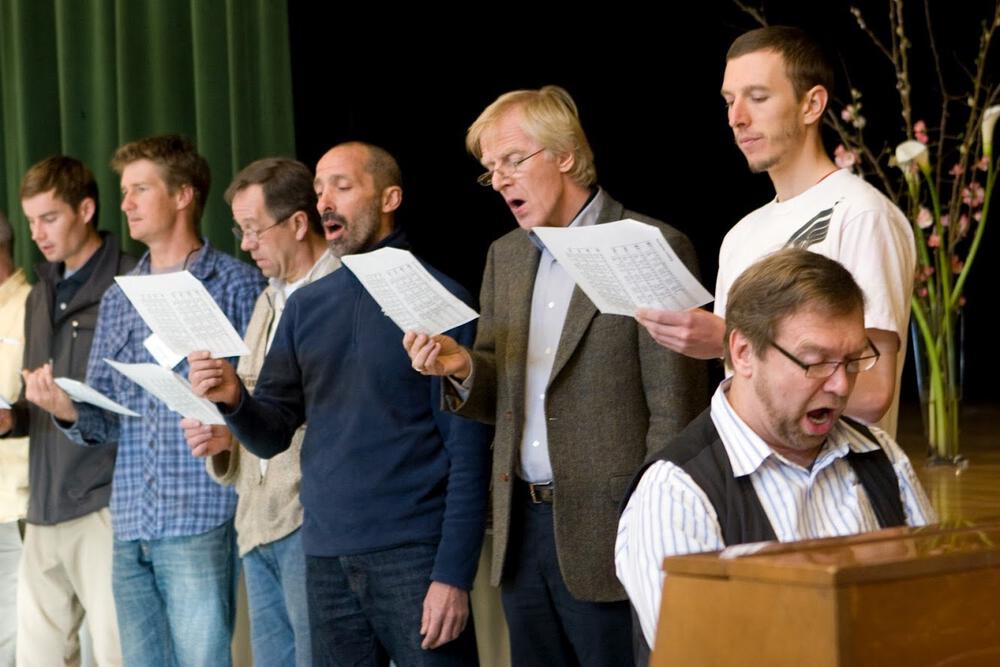
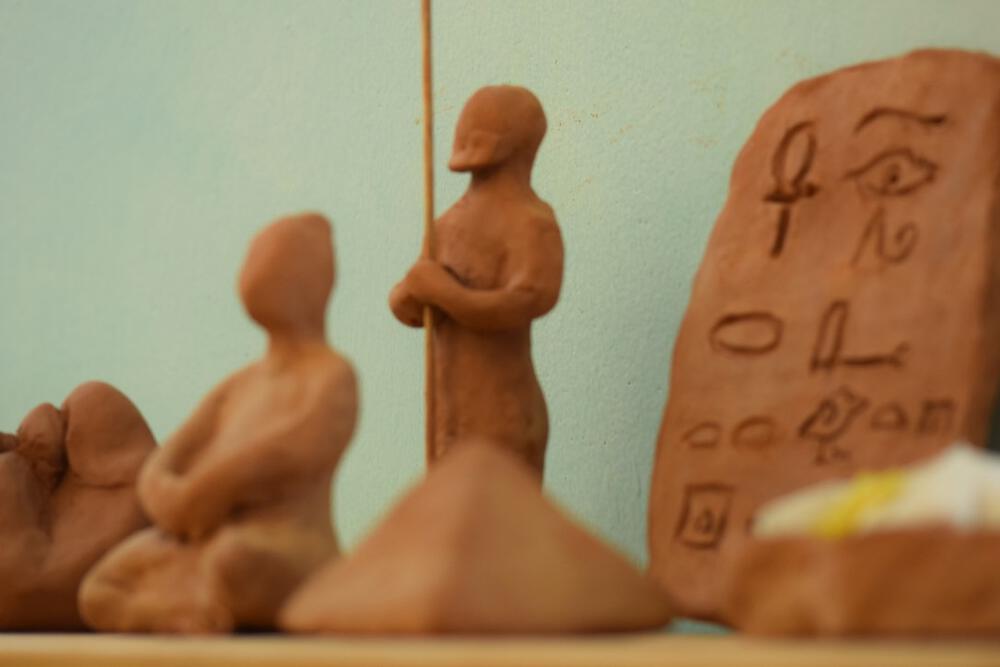
The Grades program is a 3-year, part-time course of study—on weekends from September to May, followed by a 4-week summer intensive in mid-June through mid-July. Our program is designed to both give a broad understanding of the Waldorf approach and to lead students into the depth of their intended work with children from 1st to 8th Grade (7 to 14 years of age). Students study together with their cohort over the 3 years, learning and growing together in a socially supportive environment.
The program provides an integrated adult Waldorf educational experience and students experience all aspects of the philosophy, artistry and practical application of Waldorf teaching. We consider the artistic classes in music, painting, Eurythmy, classes in meditation, and the study of Anthroposophy essential to adult renewal and to the development of the capacities needed as a Waldorf teacher.
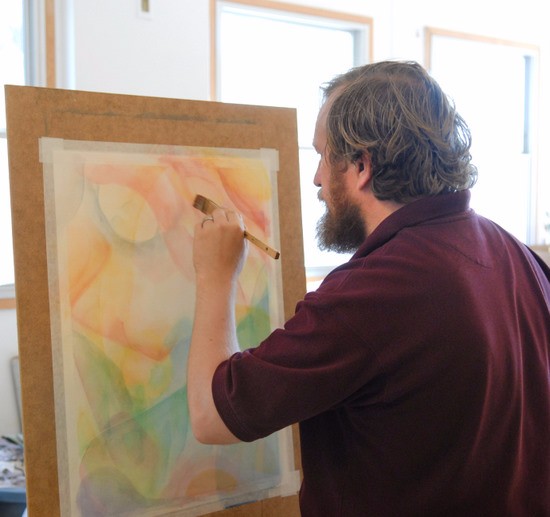
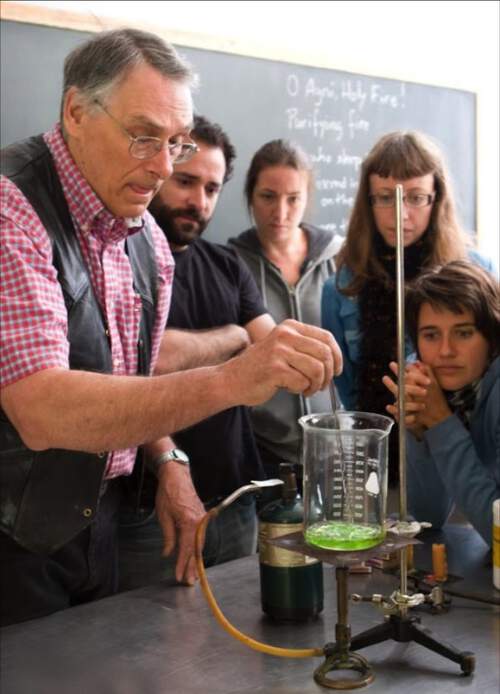
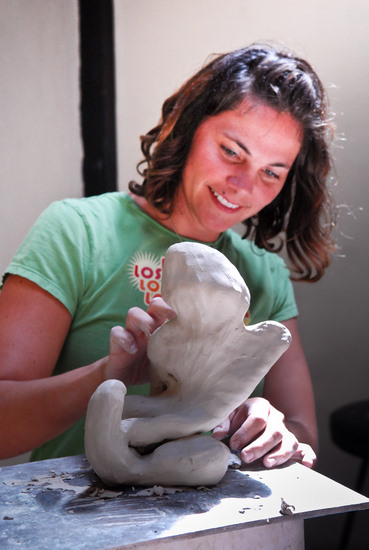

The program has three main areas of focus:
- General Waldorf pedagogy and child development, nature and cultural studies.
- Personal growth and inner development through artistic classes and the study of Anthroposophy.
- Grades track-specific classes to learn the principles and practices to work with the young child.
Course Focus 1 &2 above are studied together as a whole class cohort. In Course Focus 3, the cohort divides into their specific tracks.
BACWTT is a full member of AWSNA and WECAN, and our program is highly regarded by Waldorf schools.
Program Process and Goals
Our program offers an adult education process that is both a personal and professional development. The path to a successful Waldorf Grades teacher is one that requires inner work, the development of the senses and observation skills, the capacity to reflect and process experiences, as well as a comprehensive set of practical classroom skills.
Courses are structured to provide students with a gradually deepening and transformative experience. The program moves from introductory courses through deepening experiences and questioning so that students can navigate their way and maintain their own discernment as they go into deeper aspects of the Waldorf approach.
Our goal is to lead students to have the necessary understanding and skills to effectively work in a Waldorf Grades setting, and have the depth of knowledge to be able to continue to grow professionally and be capable of taking up further responsibilities as they develop in their chosen path of work.
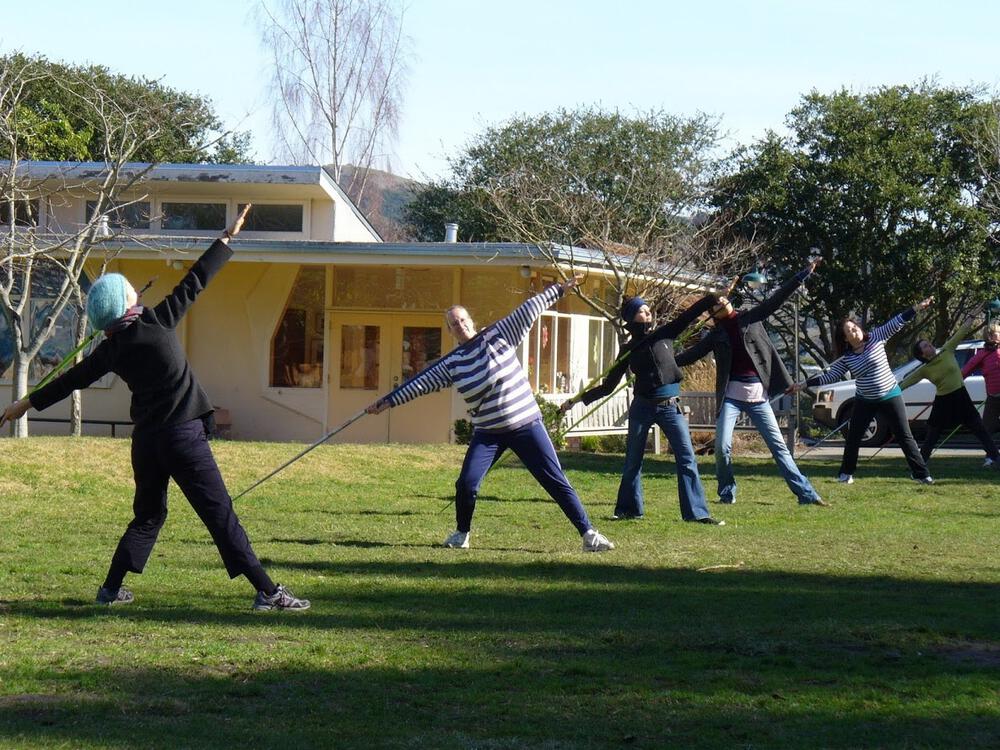
Our Program Leads To:
- Understanding child development and, particularly, the important developmental processes that are taking place in the child from ages 7 to 14.
- A thorough understanding of the Waldorf curriculum and how this meets and educates the developing child in an age-appropriate way.
- A deep understanding of the 3-fold nature of the human being and how to use this in the classroom to educate the whole child — head, heart and hand.
- A healthy sense for the rhythm in teaching, to support healthy holistic learning.
- A revitalized approach to the essential subjects of math, language arts, science and history, so that the student can overcome aspects of their own academic education and ensure that they are able to teach lively imaginative classes.
- A revitalized connection to nature, through Goethean and artistic study.
- Specific artistic classroom skills that are needed to teach in the Waldorf approach to chalkboard drawing and writing skills, handwriting skills, storytelling skills and voice training.
- Artistic abilities to be able to lead singing and music, movement and circle time, drawing, painting and sculpting.
- The ability to cultivate the inner life of the teacher in support of the social life of the children and families in their care.
- The ability to work as a valued colleague in a Waldorf school and a supportive member of the Waldorf school community.
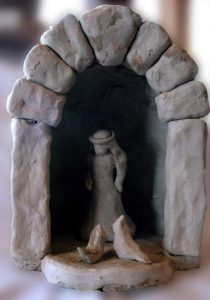
Classes in the 3 Year Program That Directly Support the Grades Teacher Education
Year 1
Foundation Studies
Introduction to the essential thoughts about the human being, biographical studies and inner practices to support a holistic education in contemporary society. Includes an introduction to many facets arising out of Anthroposophy, and an overview of Waldorf Education.
Kingdom of Childhood
Study of this foundational text by Rudolf Steiner on essential aspects of the Waldorf approach.
Observation in Waldorf Classrooms
1 Week spent observing Waldorf school classes from Early Childhood through High School.
Arts
Introduction and practice of the Waldorf approach to singing, recorder, speech, painting, drawing, form drawing, chalkboard drawing and sculpture.
Movement
Classes in Eurythmy and Bothmer Gymnastics.
Handwork
Introduction to simple handwork projects.
Anthroposophical Medicine
Introduction to key ideas concerning health and illness. Introduction to childhood illnesses and natural remedies.
3rd Year Research Projects
Observation of 3rd year students presentations concerning Grades teaching.
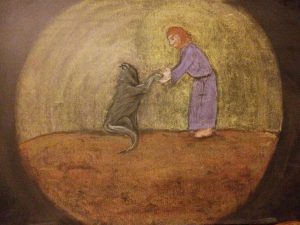
Year 2
Journey through the Waldorf School
5 weeks of Grade curriculum studies with chalkboard drawing.
Curriculum Studies Combined with Practicum
Students undertake a 4-week Grades practicum in a local Waldorf school. Weekend classes support the student’s practical experience with studies and practice lessons.
Biography and Karma Studies
Studies that deepen the sense for the course of a human life and the importance of childhood experiences in the context of a whole lifetime.
Man as Symphony
Study of this text on nature and the human being’s relationship and connection to the natural world is essential in developing a sense for teaching the life sciences.
Arts
Continuing and deepening the practice of the Waldorf approach to singing, recorder, speech, painting, drawing, form drawing, chalkboard drawing and sculpture.
Handwork
Practical guidance in curriculum-based handwork projects.
3rd Year Research Projects
Observation of 3rd year students presentations concerning Grade teaching.

Year 3
The First 3 Years
This study creates a foundation for the understanding of the essential human qualities and capacities for uprightness, speech and thinking.
Child Development
Explores the key developmental stages of childhood their physiological basis and the pedagogical implications.
Curriculum Studies Combined with Practicum
Students undertake their second 4-week Grades practicum in a local Waldorf school. Weekend classes support the student’s practical experience with studies and practice lessons.
Grades Curriculum Studies
Students enter deeply into the ideas and practical application of the curriculum.
Arts
Arts classes become more oriented to the classroom to prepare the student to teach in the Waldorf approach to singing, recorder, speech, painting, drawing, form drawing, chalkboard drawing and sculpture.
3rd Year Research Projects
Student undertake a research project and make a presentation to the whole program on a subject of interest to them related to Grades teaching.
Classroom Management, Planning and Scheduling
The essential practical skills needed to successfully manage a classroom.
Parent Work
Skills needed to successfully manage and run parent evenings and promote good communication.
Waldorf School Organization and Colleagueship
Classes in the essentials of the Waldorf school organizational model, roles and responsibilities and good practices.
National and International Waldorf Early Childhood Movement
BACWTT is a full member Waldorf teacher training institute of WECAN (Waldorf Early Childhood Association of North America) and AWSNA (Association of Waldorf Schools of North America) and as such our programs meet and exceed their course expectations.
As a member of these associations, BACWTT is involved in the ongoing development of Waldorf education in North America and around the globe, taking part in conferences, professional development activities and in research and innovation.
Our program also works with IASWECE guidelines (International Association for Steiner/ Waldorf Early Childhood Education) and our faculty take part in international events.
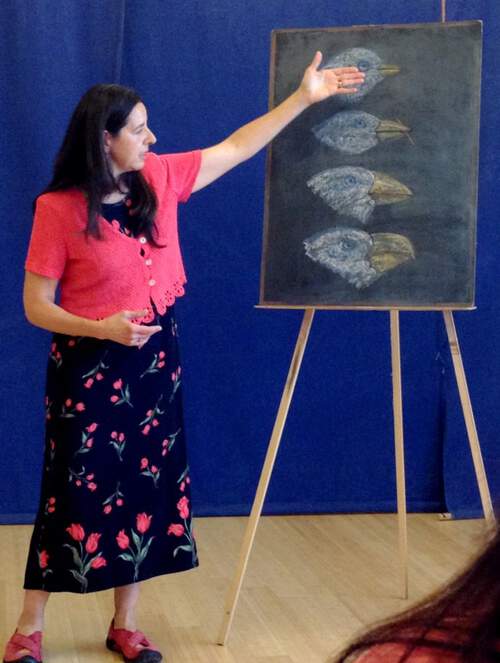
Certification
Graduates of BACWTT receive a Waldorf Teacher’s certificate that is recognized and highly regarded in the Waldorf Educational movement in North America and around the world.
Working in a Waldorf-inspired charter school requires additional state certification.
If you are ready to register, please visit our Admissions page to complete the online or PDF application form.
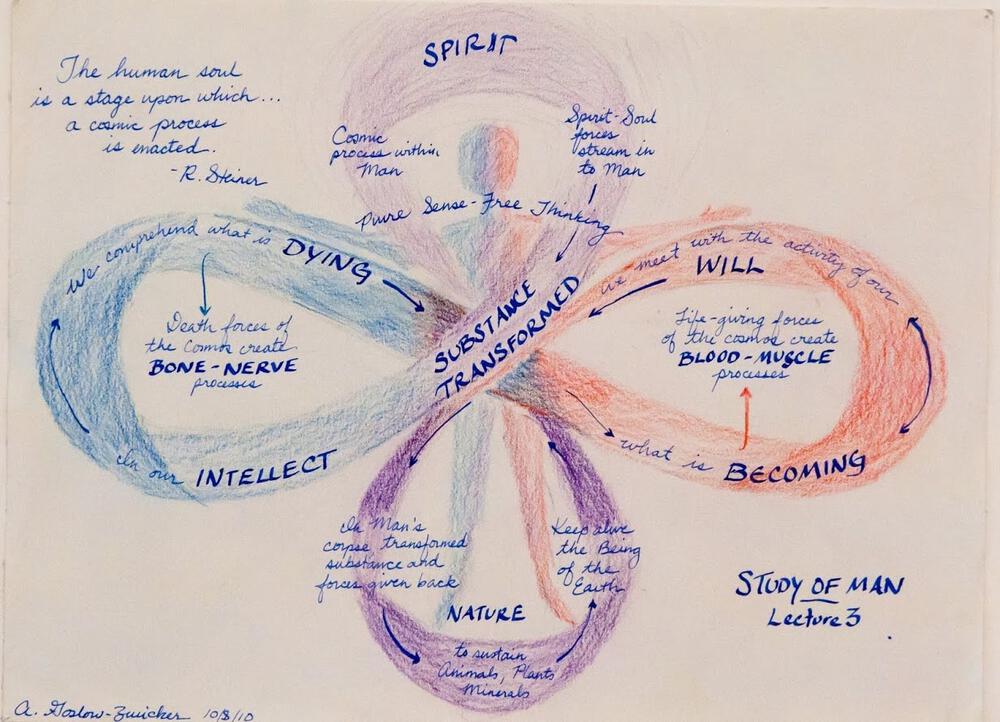
Grades Program Director
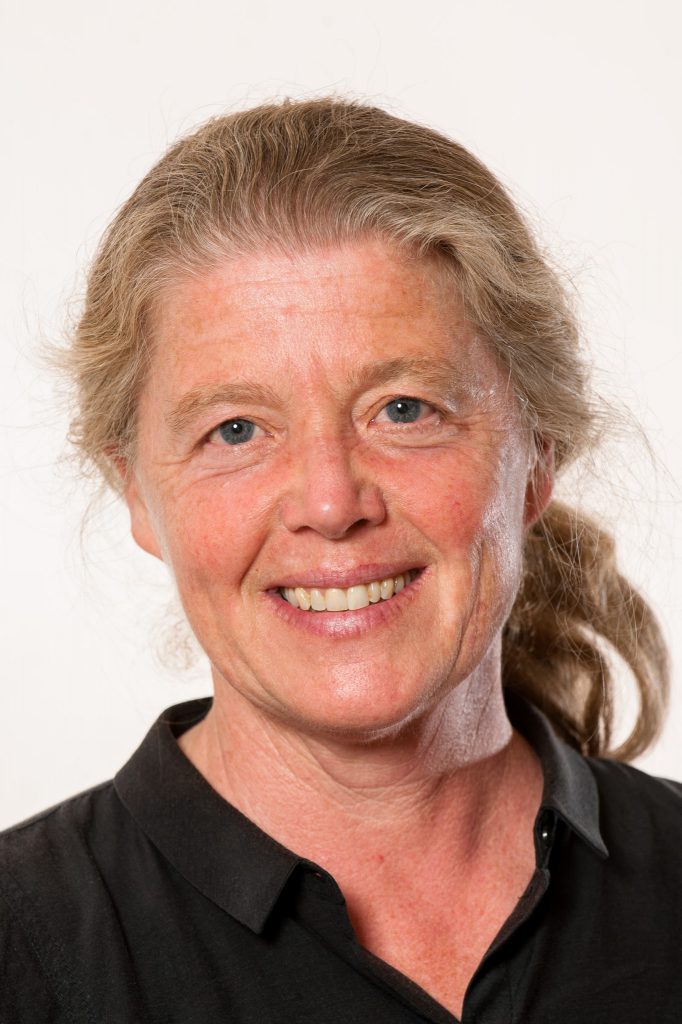
Kristine Arrigona Deason grew up in France and Germany. She has an M.A. in French Studies from the University of Brussels, an M.A. in Literature from BYU, and a California High School Teaching Credential from Mills College. She taught at the university level, then worked for IBM for ten years as a technical writer and programmer before returning to teaching. She received her Waldorf teaching certificate from the Bay Area Center for Waldorf Teacher Training in 2004 and has been a class teacher at the Marin Waldorf School ever since. She taught a class from first through eighth grade, graduated them in 2012, and currently teaches Fifth Grade. In the teacher training, Kristine teaches The Kingdom of Childhood, The Child’s Journey through the Grades including Chalkboard Drawing, and Study of Man. She will also oversee the Second Year Practicum Preparation and directs the choir for the Bay Area Center for Waldorf Teacher Training.
Grades Program Faculty
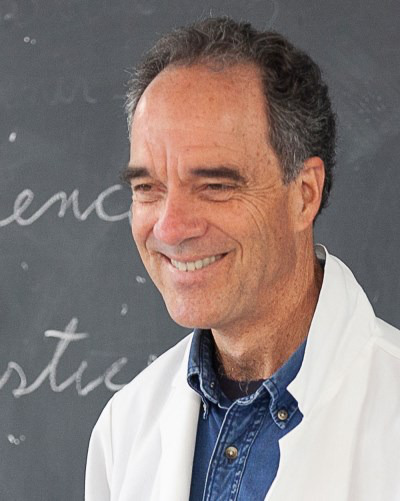
Jeff Loubet graduated from Clark University with a B.A. in philosophy in 1975 and completed teacher training at Rudolf Steiner College in 1992. Jeff has been a class teacher at the East Bay Waldorf School for 24 years. He taught grades 1 – 8 twice and grades 1 – 6 before retiring in 2017. Jeff teaches Study of Man and Grades Practicum Preparation for BACWTT and Storytelling and the Imagination for Sound Circle.
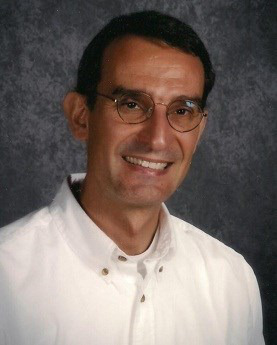
Paolo Carini, has been a high school science teacher at the San Francisco Waldorf High School since 1997. His subjects include mathematics, physics, astronomy, and chemistry. He received his Ph.D. from Stanford University, CA in 1995. He graduated from the Bay Area Center for Waldorf Teacher Training in 2002. Paolo teaches upper elementary school science curriculum.
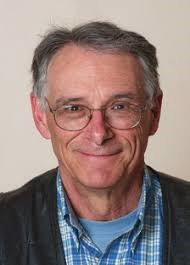
Patrick Marooney met Waldorf Education in 1974 through two Waldorf teachers who had a puppet theatre collapse on them mid-show. He trained full time for two years at Rudolf Steiner College, then took a class through the 8 grades at Eugene Waldorf School, 1984 – 1992. He was the woodworking teacher at EWS for 23 years and also taught core courses with Waldorf Teacher Education Eugene for 25 years. He has been with BACWTT since 1997 teaching sciences, form drawing and geometry.
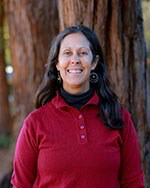
Gail Weger began her work in Waldorf education in 1994 through a home preschool she created out of a need in her children’s community. She went on to take her first class at the Live Oak Waldorf School from first through fifth grade, and her second class from first through graduation. She is currently teaching Seventh Grade at the Marin Waldorf School, where she has been for the last four years. Gail has been a mentor and teacher of teachers since 2001, in the Midwest, Bay Area, and through Rudolf Steiner College and BACWTT; and served as the Pedagogical Chair at the East Bay Waldorf School in 201314. Gail is a practicing artist and holds a BFA in Printmaking and Art History.
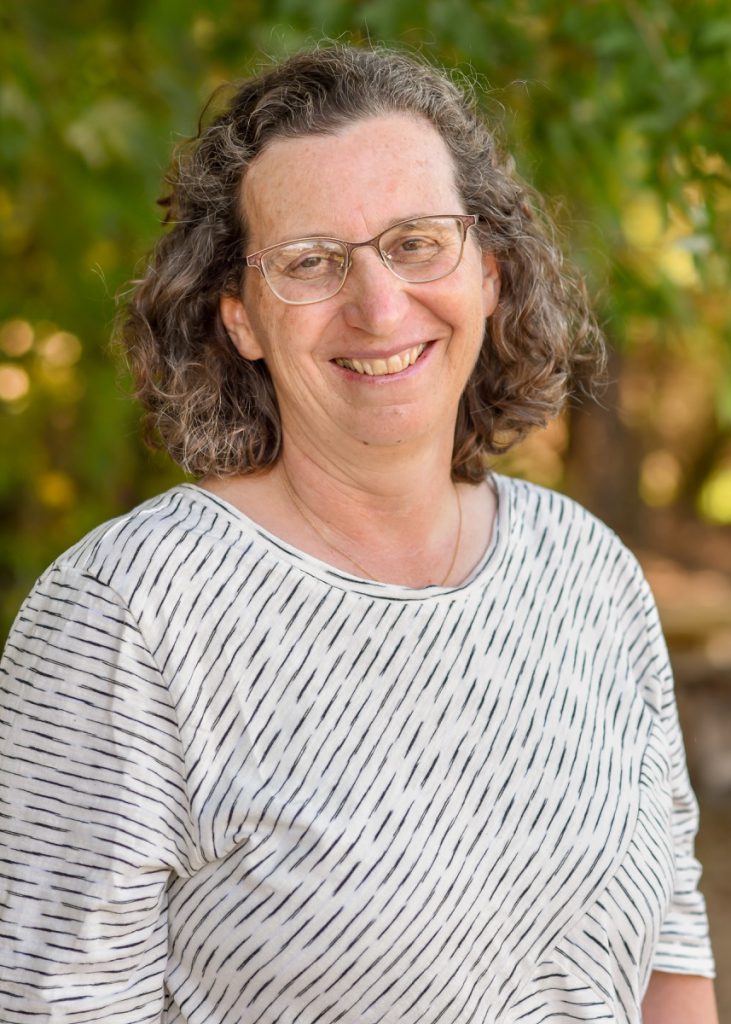
Beth Weisburn has taught at Summerfield Waldorf School and Farm since 2001. She teaches a wide range of subjects in grades 7-12, including math, earth science and senior project. In 2008, she co-founded The Center for Contextual Studies, where she collaborates with colleagues to form research initiatives into teaching and learning. Her formal preparation for Waldorf teaching was with the Center for Educational Renewal (2002) and she completed the Mulberry Curative Course in 2017. She earned a Ph.D. in Electrical Engineering from Cornell University (1995).
Please visit our Faculty page to see the very experienced teachers that teach on all tracks.
